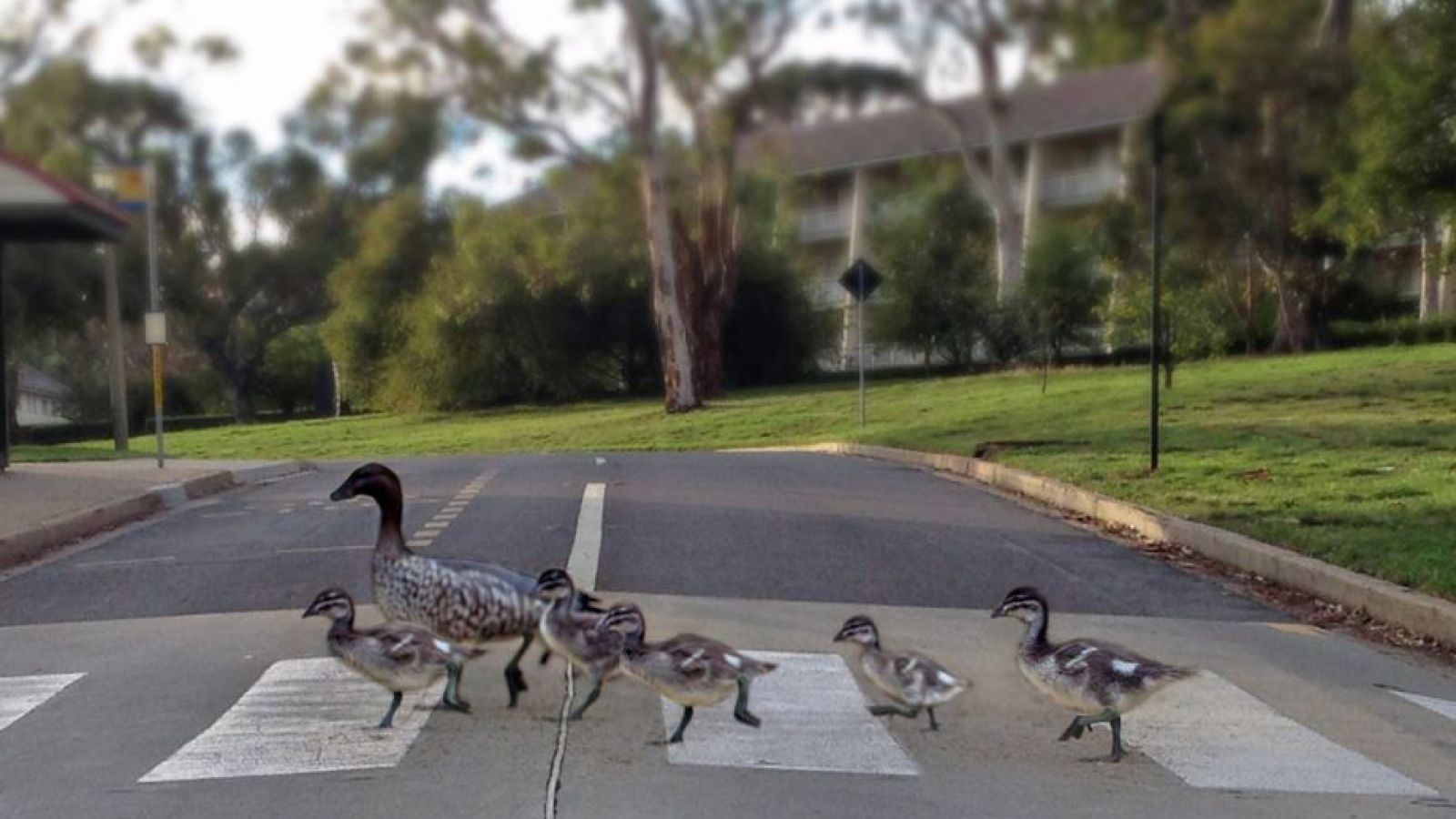14-16 April 2009 - Testimony, Trauma and Social Suffering: New Contexts/New Framings

Venue: Research School of Humanities, Old Canberra House, ANU
Convened by Dr Rosanne Kennedy, ANU, E: rosanne.kennedy@anu.edu.au and Professor Gillian Whitlock, University of Queensland, E: g.whitlock@uq.edu.au
Provisional Program and Registration Form
This conference aims to explore testimony at the limits – of institutions, of nations, of the human. Testimony has achieved transnational significance in recent decades. Traditionally associated with a juridical paradigm, in the 1990s testimony was reconceptualized through the psychoanalytic lens of trauma theory. This conference seeks to investigate the social dimensions of testimony and trauma, exploring concepts of social suffering that address the communal without assuming a uniformity of trauma across a social spectrum. Testimony has become a powerful tool in national and international efforts to document and respond to human rights atrocities and historical injustices, and to witness individual and collective trauma. A core concept in transitional justice, testimony features prominently in truth and reconciliation commissions and justice projects. But there are also practices of witnessing and forms of testimony that occur outside of these institutional contexts. We seek papers that address the following and related issues, and are particularly interested in post-colonial and transnational case studies:
- How might we rethink trauma from the perspective of social suffering, without imagining collective trauma as simply a replication of individual trauma?
- How might trauma be conceptualized in relation to the social if it were uncoupled from the clinical binaries (patient/analyst; victim/healer) that haunt it in psychoanalytic discourse?
- To what degree do institutional uses of testimony prevent the recognition of other forms of social/public witness?
- How do tropes of bearing witness apply in contexts of social suffering that exceed specific instances of catastrophe, such as the aftermath of colonial rule?
- How are frameworks of trauma theory and testimony brought to bear on experiences of catastrophe that are not exclusively the consequence of human behaviour, such as ecological devastation, or HIV/AIDS?
- How might practices of witnessing acknowledge the vulnerability of embodiment?
- How does testimony conceive of the human and its limits?
Further information on the conference, including keynote speakers, will be available on the Research School of Humanities, ANU, website from January 2009: